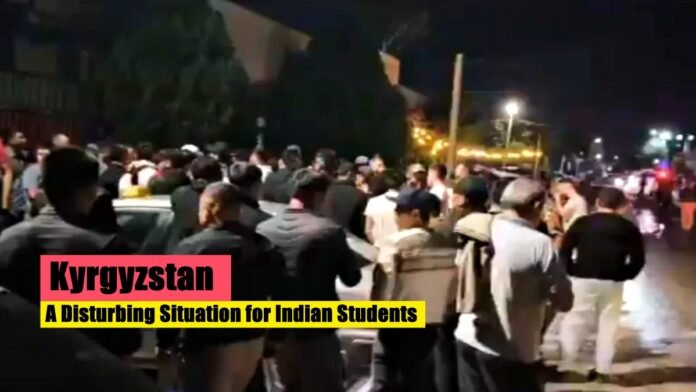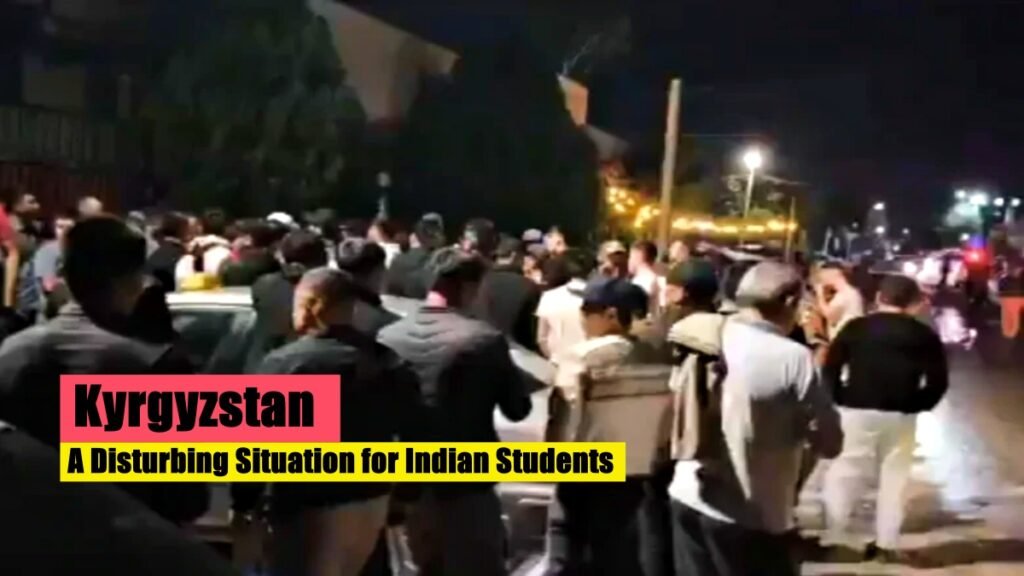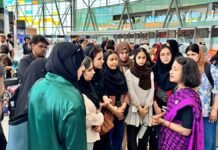
New Delhi: The plight of Indians stranded abroad is not a new issue, but this time, our focus is on students. Every year, a significant number of students travel to Kyrgyzstan, a Central Asian country, to pursue MBBS (medical studies). The allure lies in affordable education and relatively straightforward admission processes. However, recent events have put Indian students in grave danger in Kyrgyzstan.
The Incident:
Last week, a disturbing incident unfolded in Bishkek, the capital of Kyrgyzstan. Local residents attacked students from Pakistan and Egypt, capturing the violence on video and sharing it widely on social media. The initial video, which went viral on May 13, depicted a brawl involving Pakistani and Egyptian students. Unfortunately, this incident triggered a wave of anger among the local population, leading to attacks on all foreign students.
Kyrgyzstani Unrest:
Students pursuing MBBS in various medical colleges across Kyrgyzstan have reached out for help. Rohit Panchal, a student from Ujjain, Madhya Pradesh, is currently trapped in his hostel. According to his account during a video call, the situation escalated significantly after the events of May 13. Angry Kyrgyzstanis stormed the hostel, specifically targeting foreign students—especially Indians, Pakistanis, Egyptians, and Bangladeshis.
Lockdown Measures:
In response to the escalating violence, authorities shifted classes online. However, this move hasn’t provided much relief. Since May 18, 2024, all Indian students have been confined to their hostels or flats. They are strictly prohibited from leaving their rooms. The Indian Embassy is actively engaged with these students, advising them to remain indoors. Fear has gripped the student community, and Rohit Panchal acknowledges that his teachers are doing their best to support him.

Distance from Home:
Kyrgyzstan, situated in Central Asia, lies approximately 2300 kilometers away from India. Rohit Panchal, currently in Kant city (about 20 kilometers from Bishkek), finds himself far from home. The riots, which initially erupted in the capital, have now spread to Kant. Foreign Minister S. Jaishankar has urged all Indian students to maintain close communication with the Embassy during these challenging times.






















































